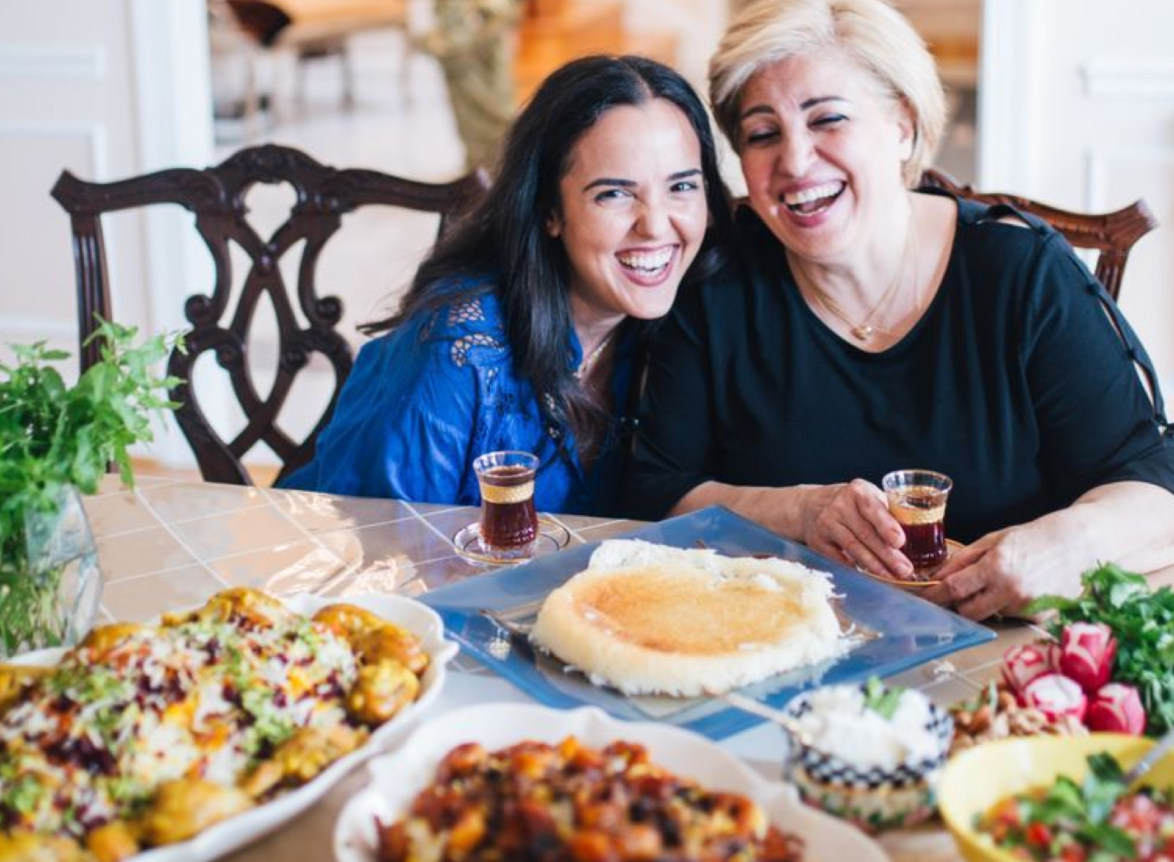By: Sid Valecha
Turning culinary adventures into successful cooking activities with kids is an exciting journey, but it does come with its own set of challenges. To ensure a safe, educational and enjoyable experience for both children and adults, it’s essential to have some valuable tips up your sleeve.
Whether you’re a seasoned kitchen expert or a novice, these tips will help you make the most of your culinary adventures with the little ones. Cooking with kids goes beyond meal preparation. It is a creative way to foster important life skills and build upon family traditions. Sharing these experiences can create lasting memories that both children and adults will cherish for a lifetime.
As we dig into these tips and tricks, we’ll uncover the secrets to creating a dynamic and enriching culinary environment that not only satisfies taste buds of picky eaters, but also nurtures a lifelong love for food and cooking.
So, roll up your sleeves, gather your young sous-chefs and let’s embark on this culinary journey together.

1. REMEMBER, SAFETY FIRST
Before diving into culinary fun, it’s crucial to establish a foundation of kitchen safety. Teach children about the proper use of knives, working around heat sources, handling hot foods and liquids, and the importance of washing ingredients and your hands thoroughly, especially after handling raw meats. Practice these safe habits by demonstrating them in front of your kids. Having an adult present is always key, and remember to never leave young children unattended, especially around knives and active heat sources, like ovens and stovetops.
Heirloom Project tip: Use age-appropriate knives and utensils designed for children to reduce the risk of accidents. Nylon knife sets help prevent nicks and cuts. Look into cutting boards with non-slip bases to prevent unexpected countertop spills.
2. ASSIGN AGE-APPROPRIATE TASKS
Assign tasks that match your child’s age and skill level. Younger children can participate in simple activities like washing vegetables, cracking eggs and mixing ingredients together . This gives them an opportunity to be involved in the process while minimizing any risk of injury.
Older kids can handle more complex tasks such as chopping,measuring and weighing ingredients. As children get older, you can gradually increase the complexity of tasks to include heat sources and more detailed preparation and cooking techniques.
3. PLAN SIMPLE RECIPES
To keep kids engaged and motivated, start with easy, kid-friendly recipes that you know they will enjoy. Tasty dishes will entice kids to keep cooking!
When working with recipes, it’s important to teach your kids how to read a recipe and how to follow cooking directions, especially when they first start out. This not only helps promote kitchen safety, it also teaches them the valuable lessons of following instructions. However, be sure to avoid overly complicated dishes that may lead to frustration.
As your kids get older, you can gradually introduce more complex recipes to match their confidence in the kitchen while challenging their skills.
4. TEACH HEALTHY CHOICES
Cooking with kids opens up a dialogue about where ingredients come from, the importance of nutrition and making healthy food choices. Use this time together and make it a learning experience about food and health. Emphasize the importance of using fresh, wholesome ingredients to create a balanced meal or snack, and explain the nutritional benefits of various ingredients within your dish.

5. INSPIRE PATIENCE AND ENCOURAGEMENT
Do you remember when you were learning to cook? It’s not always as simple as it looks and can be confusing and frustrating at times, especially when a recipe doesn’t turn out.
Cooking is a learning process, and mistakes are part of the journey. Encourage children to be patient and offer them plenty of encouragement. Focus on the joy of learning rather than perfection.
Heirloom Project Tip tip: When a recipe doesn’t turn out as expected, use it as an opportunity to explore what went wrong and how to improve next time. Keep it positive and turn setbacks into valuable lessons.
6. CLEAN-UP TOGETHER
No one likes coming back to a dirty kitchen. Teach kids the importance of responsibility by involving them in the clean-up process. Whether you prefer to clean as you go, or afterwards, cleaning up not only reinforces the value of tidiness but also instills a sense of accomplishment. Set tasks based on age, from helping to clearing dirty dishes, to wiping down countertops, to loading the dishwasher or hand washing plates.
7. CAPTURE THEIR SMILES
Documenting cooking experiences with kids can be a rewarding practice that captures their joy and growth over the years. Take candid shots of their faces lighting up as they mix ingredients or their little hands carefully shaping cookies. These photos tell a story of their learning, their creativity and a shared bond that can serve as a tangible memory, highlighting your time spent together.
8. SHARE THE RESULTS
Let kids take pride in their creations by serving the dishes they prepare with friends and family. Whether it’s a simple snack or an elaborate meal, sitting down at the table and sharing their dishes boosts children’s confidence and sense of achievement, motivating them to continue exploring the world of cooking. When kids take pride in the dishes they helped prepare, it can foster a deeper appreciation for food and a continued love of cooking.

9. DOCUMENT THE EXPERIENCE
Encourage your child to write or draw their observations and thoughts of the recipes they make with a journal. Journaling allows our kids to express themselves through words and art, save ideas and build inspiration. It’s also a great way to document the dishes you make within your collaborative cooking journey. A journal can serve as a beautiful keepsake, showcasing their growth as budding chefs and storytellers.
10. HAVE FUN
Turn cooking into an enjoyable experience by adding elements of fun. Play music in the background, wear matching aprons or host themed cooking nights where you explore the cuisines of different countries. Encourage kids to unleash their creativity in the kitchen and let them come up with their own recipes or variations of existing ones. This fosters their creativity and helps them develop a deeper connection with food. When our kids enjoy themselves in the kitchen, they will want to do it again. Additionally, although it may seem like a minor thing to cook with your kids, it is actually a great opportunity to build memories that can last a lifetime.
Cooking with children is a rewarding adventure that can be both fun and educational. By following these tips and incorporating them into your culinary escapades, you’ll create lasting memories and instil valuable life skills in your little ones. So, grab your aprons, set up your kitchen and embark on a journey of discovery, creativity and deliciousness with your budding chefs!
Ready to compile kids cooking recipes in your own custom cookbook? Shop now
Have more questions? Visit our FAQ section here. Alternatively, you can email us at hello@heirloomproject.co
To get regular updates, follow us on Instagram here







Leave a comment
Your email address will not be published. Required fields are marked *